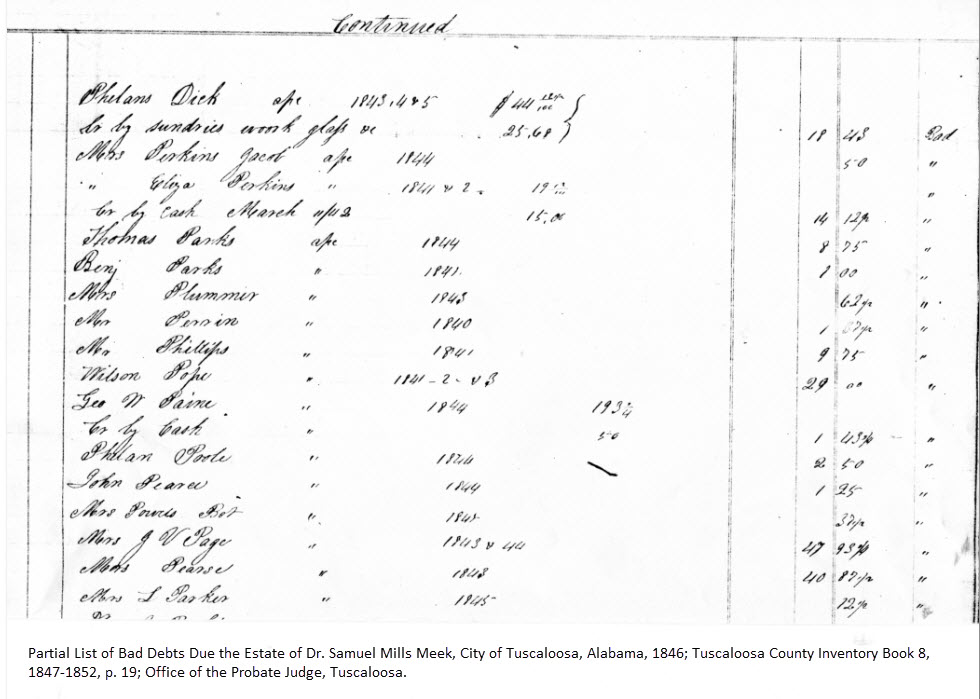6 May 2014
We all know the problem. At least we've heard about it, even if we haven't experienced it firsthand: The urban poor—newly arrived immigrants, uneducated laborers, tenement dwellers or at least renters, and enslave laborers whose masters allowed them to hire themselves out—are just "too poor to trace." So, as today's test, we ask: What kind of records might we find on them in local courthouse or town hall records?
Let's see how extensive a list we can create collectively.

For an international flavor,
For an international flavor, let me answer this question with records that I would consult here in the Netherlands:
Great suggestions, Yvette!
Great suggestions, Yvette! Several of those have American counterparts also.
Urban Poor
I am a bit boggled by the specification of ~urban~ poor. Your example, from County records, is of a city-dweller's estate record. The record allows the possibility that at least some of the debtors also lived in the city -- but other records would need to be found to distinguish between same-named persons (who might not have lived in any one place for long).
Hordes of State, County, Town, Township, Borough, Magisterial District and other records apply equally to the urban dweller as to the non-urban resident. In this vein, the New England Town Warnngs Out are especially wonderful examples when they itemize ages and prior residences of family members. But itemizing such records would be rather a huge task, already mostly done for us by the heftier genealogical research guides.
Regards,
Jade, you're absolutely
Jade, you're absolutely correct that the range of records available for the urban poor are mindboggling. Nonetheless, many researchers do think, "My person-of-interest did not own a home or lot or have a profession, or leave anything to probate. He/she was just a poor laborer. So I'm out of luck." Let's give them some encouragement. Let's tell them about those lesser-known records and the approaches we've used to find the urban poor in records that were thought to be inappropriate for them.
Found "Poor Farm" listing on
Found "Poor Farm" listing on a census in Scott County, Missouri, but don't remember if it was 1870, 1880 or 1900. I'm sure that type of set-up was nationwide at one time. It's not an urban area, primarily agricultural.
Digging into statutes
Great suggestions, KayR!
Great suggestions, KayR!
Binding Out Impoverished Orphans
KayR,
Which blog did you read about binding out” impoverished orphans? I don't see a post on this site. If you have any other resources, please share! I have an ancestor who was bound out in 1820 in Pennsylvania, but we haven't found any records relating to it in the county courthouse. Any ideas about how they might be filed or where else they might be?